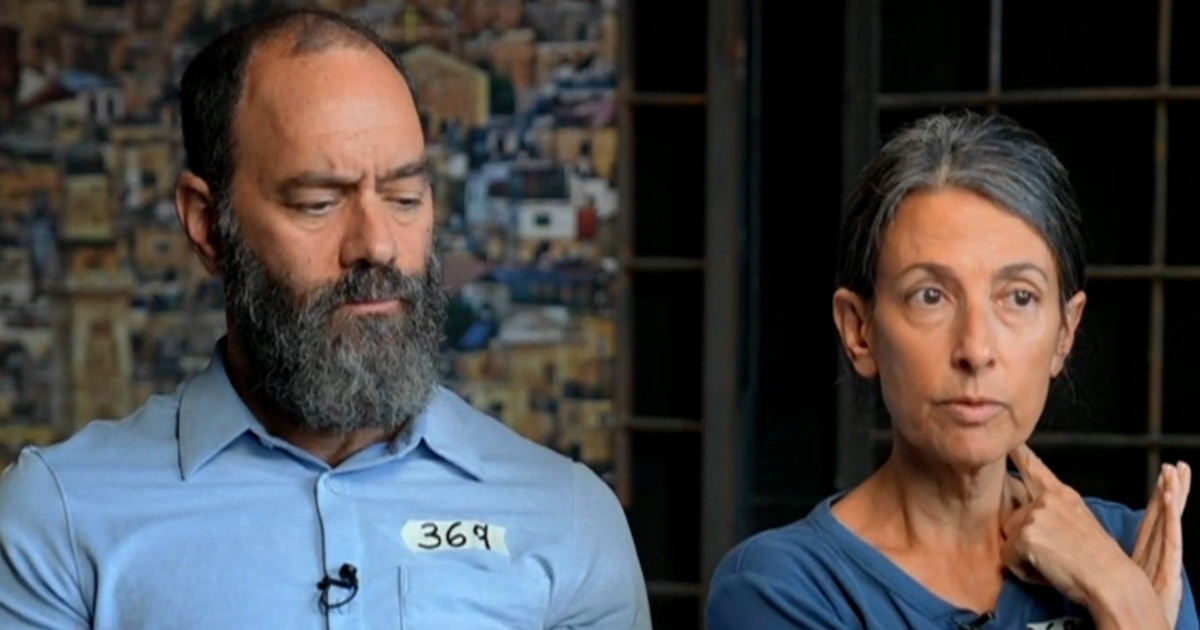The brutal murder of Hersh Goldberg-Polin, a 23-year-old Israeli-American hostage held captive by Hamas for over 300 days, highlights the devastating human cost of the October 2023 conflict. His parents, Jon Polin and Rachel Goldberg-Polin, have bravely shared the horrific details of their son’s death and their profound grief, while simultaneously advocating tirelessly for the repatriation of the remaining hostages. Their story underscores the urgent need for a negotiated solution to secure the release of the over 100 hostages still held in Gaza, and serves as a poignant reminder of the ongoing crisis. The tragic loss of Hersh also exposes failures in leadership and the limitations of military action in securing the release of hostages.
The Horrific Circumstances of Hersh’s Death
A Brutal Execution
Hersh Goldberg-Polin’s death was not a consequence of crossfire or collateral damage; it was a calculated execution. His parents described the gruesome details of his death, revealing that he was shot multiple times at close range. The proximity of the gunfire, as evidenced by the bullet trajectory through his hand and head, painted a chilling picture of a deliberate and inhumane act. Hersh’s emaciated state upon his death, weighing only 115 pounds, further underscored the horrific conditions he endured during his captivity. The sheer brutality of his murder is a stark reminder of the barbaric nature of Hamas’ actions and the urgent need to hold those responsible accountable.
The Psychological Impact on Hersh’s Family
The impact on Hersh’s parents is devastating and multifaceted. Beyond the immediate grief, they are grappling with the psychological trauma of knowing the horrific details of his death and the prolonged period of uncertainty before his body was recovered. Rachel describes the immense psychological toll, explaining how she struggles to move forward without him. The everyday routines, once shared with Hersh, now serve as painful reminders of his absence. Simple acts like rearranging their breakfast table reflect their conscious effort to adapt to the unbearable void left in their lives. The agonizing wait, initially tinged with hope, now is filled with the agonizing certainty of their son’s murder and the knowledge that their hopes of bringing him home alive were shattered.
Failures of Leadership and the Need for Negotiation
Lack of Global Unified Action
The Goldberg-Polins’ profound sense of betrayal is deeply felt. They openly criticize the lack of decisive, unified international action to secure the release of their son and the other hostages. They express disappointment with the responses from various world leaders, particularly Israel, the US, and other international powers. The lack of a unified, strong stance against Hamas in securing the hostages’ release, before Hersh was killed, highlights a critical gap in international efforts. They advocate for a shift from solely relying on military operations and emphasizes the necessity for robust diplomacy and negotiations to secure the release of the remaining hostages.
Prioritizing Negotiation over Military Action
Jon Polin stresses the clear effectiveness of negotiated settlements over solely military operations. The statistical evidence highlights that negotiated settlements are more successful than military action. Out of nearly 100 released hostages before Hersh’s death, the vast majority were freed through negotiated settlements. In contrast, those freed through military intervention are very few in numbers. This underscores the need to explore all viable avenues for resolution and shows the importance of a multilateral, diplomatic approach. Military operations might be useful as a backup tool, but the main thrust should be on negotiated settlements and international pressure on Hamas to free all hostages.
The Ongoing Struggle and Hope for Resolution
The Pain of Adjustment and Continued Advocacy
Despite the profound loss and personal grief, the Goldberg-Polins’ commitment to advocating for the release of the remaining hostages remains steadfast. Their faith, while tested, serves as a source of strength, guiding their activism and hope for the future. They haven’t let the despair overwhelm their resolve; instead, they remain actively engaged in the effort to bring the remaining hostages back home, finding comfort and strength in their religious faith and support from their community. The continuation of their efforts, despite immense personal pain and hardship, underlines their unwavering determination.
A Call for Broader International Collaboration
Despite a difficult, possibly hopeless situation, the Goldberg-Polins emphasize the need for expanded international collaboration, urging world leaders to collaborate to push for the release of the remaining hostages. The wider conflict, which may include Israel, Lebanon, Iran, etc., serves as a stark reminder of how complex and challenging the situation has become. Despite the bleak backdrop, they maintain hope that the international crisis itself might unexpectedly foster diplomatic solutions that secure the freedom of those who still remain in captivity. The continued pressure is vital to ensure that the issue isn’t overlooked amidst broader geopolitical struggles.
Takeaway Points:
- The brutal murder of Hersh Goldberg-Polin underscores the urgent need for a negotiated solution to secure the release of the remaining hostages held by Hamas.
- The Goldberg-Polins’ testimony highlights the failures of leadership in adequately responding to the hostage crisis.
- Negotiated settlements have proven to be significantly more effective than military action in securing hostage releases.
- The Goldberg-Polins’ continued advocacy serves as a powerful testament to the resilience of the human spirit and the importance of persistent effort in the face of unimaginable tragedy.




